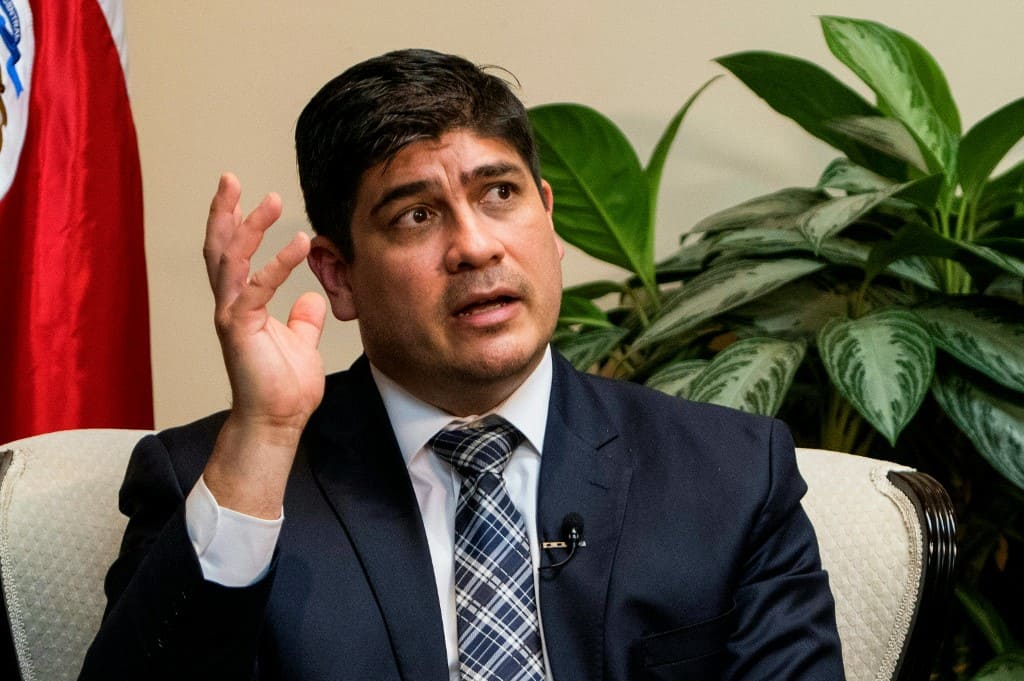The President of Costa Rica, Carlos Alvarado, warned that inequalities between rich and emerging countries are widening as a result of the Covid-19 pandemic, which he said threatens to impact democracies, trade and migration.
In an interview with AFP, Alvarado highlighted that the most developed economies, such as the United States and those in Europe, have recovered more from the impact of the pandemic than those of Latin America and Africa, “and that will widen an unequal situation in the world.”
“As we live in such a connected world, the impacts on poor economies will be reflected in the more developed world. Trade and tourism will be reduced, and as poor and middle-income countries will see more impacts, there will be more migrant populations,” he predicted.
He also noted that key issues on the global agenda, such as the fight against climate change, “will lose momentum.”
This concern has been present in the interventions of the Costa Rican president in the UN General Assembly, where he proposed the creation of a fund of $516 billion from contributions from developed countries to help emerging nations face the impact of the pandemic.
“We are proposing that rich countries that generate 80% of global GDP each contribute 0.7% of their GDP to this fund, … which would be channeled through existing institutions to lend to countries,” Alvarado explained.
Such a fund “will allow us to maintain global cohesion to face the pandemic and other challenges, addressing inequality, sustainability, the fight against poverty,” Alvarado said.
Technologies against Covid-19
Alvarado also presented to the UN the proposal to create a platform where countries and organizations can share technologies and knowledge developed to combat Covid-19.
Costa Rica offered to the platform its equine plasma treatment developed at the University of Costa Rica. The serum is in Phase 2 clinical trials.
The treatment was developed by injecting coronavirus proteins into horses to create antibodies that can be injected into Covid-19 patients and accelerate their recovery.
The idea is to make this technology available to other countries once its efficacy has been confirmed in humans.
The president indicated that some 40 countries and organizations have joined the platform, which has the support of the World Health Organization (WHO).
Rise of infections
The testing of equine plasma treatment comes at a time when Costa Rica is experiencing a boom in COVID-19 infections, after it had initially managed to keep them under control.
It also coincides with an opening in economic activities and international tourism — currently limited to visitors from select countries and states.
Despite the rebound in infections, Alvarado ruled out for the moment returning to the severe restrictions that allowed the virus to be controlled between March and June.
“We have the technical options on the table, but we find that at this moment there are factors that have to do with the fatigue of the public with the closure measures that make them not necessarily the most effective,” he said.
Instead, he said, Costa Rican health authorities have opted for community work, in which health agents go to areas where sources of contagion are detected to try to contain them.
“We cannot ask people to stay at home because they have to go out to work, and others have to look for work. So we need people to take care of themselves,” Alvarado insisted.






